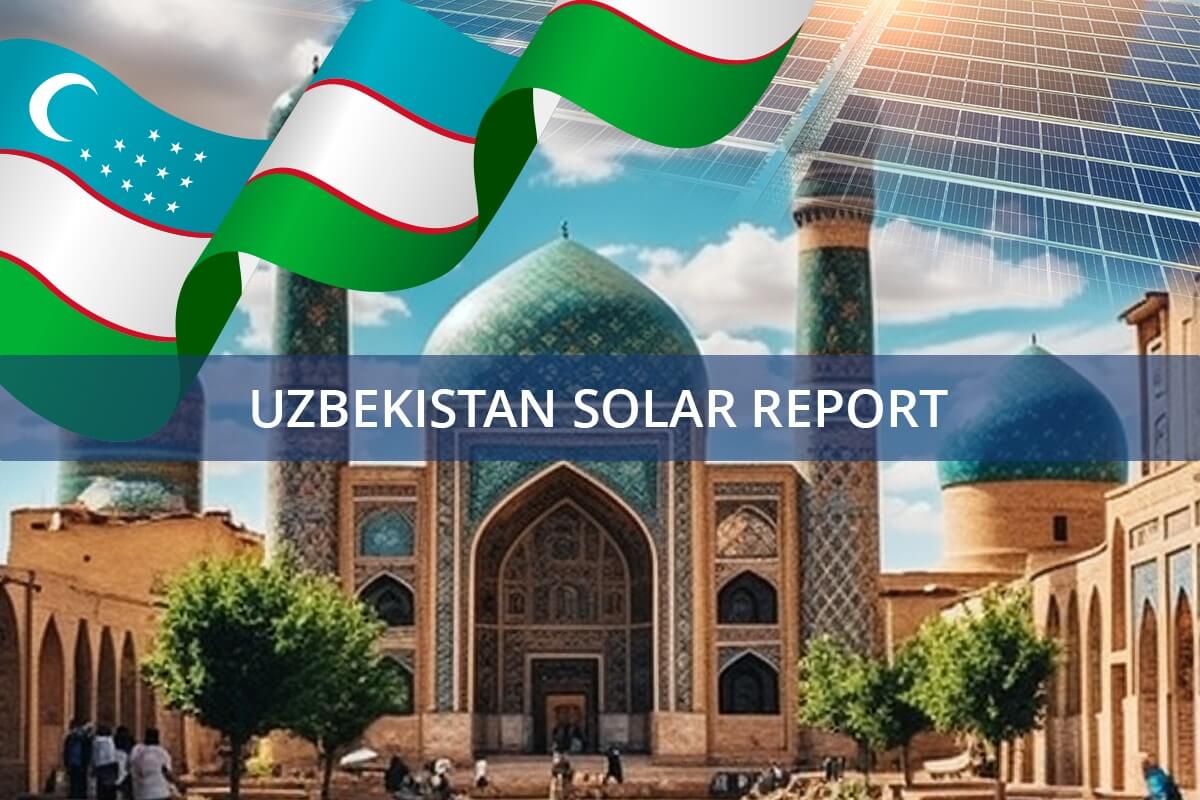Uzbekistan solar power initiative: A step towards a greener future
In an exciting development for renewable energy, Uzbekistan has embarked on constructing a 191.6 MW solar power plant in the Gijduvan district of the Bukhara region. This ambitious project, developed by China’s Universal Energy, is slated to commence operations by the end of 2025. This venture marks a significant milestone in Uzbekistan’s ongoing efforts to increase its renewable energy capacity and reduce its reliance on fossil fuels.
The Gijduvan Solar Power Plant is expected to play a crucial role in transforming Uzbekistan’s energy landscape. By harnessing solar energy, the country aims to contribute to global sustainability goals and demonstrate its commitment to a cleaner, greener future. For more insights on Uzbekistan’s renewable energy initiatives, you can explore this comprehensive overview here.
Expanding Uzbekistan solar power capacity
Uzbekistan’s investment in solar energy is not an isolated effort. In fact, the country has made significant strides in expanding its solar capacity, reaching 191.6 MW as of the first quarter of 2025. This remarkable growth underscores the nation’s dedication to renewable energy and its strategic move to diversify energy sources while reducing carbon emissions. For a detailed account of this progression, visit this article here.
The impact of Uzbekistan solar power on the nation’s energy landscape
The impact of this solar power plant extends beyond energy production. It represents a shift towards a more sustainable energy model that aligns with global trends of environmental consciousness and energy efficiency. By increasing its solar capacity, Uzbekistan is not only securing its energy future but also setting a precedent for other nations in the region. Discover more about Uzbekistan’s solar energy expansion here.
As Uzbekistan continues to invest in renewable energy, the Gijduvan Solar Power Plant stands as a beacon of progress and a testament to the country’s forward-thinking approach to energy management. This initiative is not just about meeting local energy demands but also about contributing to the global effort to combat climate change. Explore the broader implications of this development here.
In conclusion, Uzbekistan’s commitment to solar energy is a promising step towards achieving a sustainable and resilient energy future. Through projects like the Gijduvan Solar Power Plant, the nation is poised to emerge as a leader in renewable energy in Central Asia. For a final look at the growth in Uzbekistan’s solar capacity, click here.

